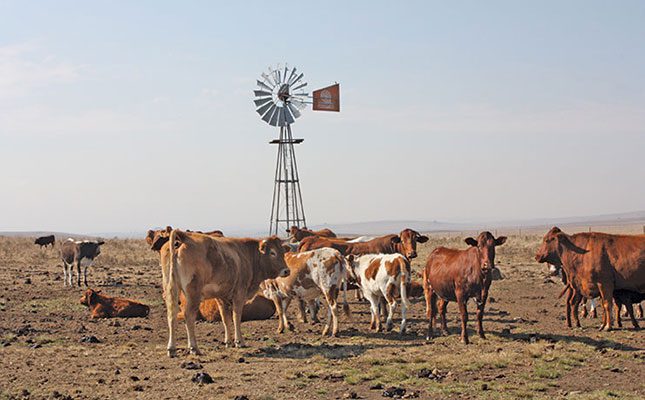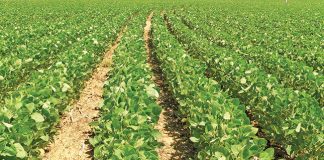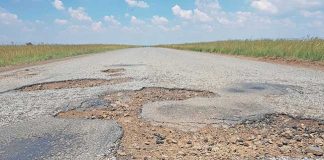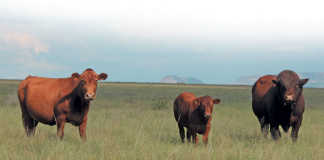
Interested in ‘getting into farming’? Some investment groups in South Africa are introducing ‘fractional’ ownership or investment.
Essentially, this means you can own a very small part of a farming operation; the more you invest, the more percentage of such an operation you will be able to own.
Models such as this can surely transform land and livestock ownership in South Africa. But only consider using reputable entities for such investments. These will be ones that have met all the legal prerequisites for taking money from investors/the public.
Signed legal contracts or bona fide share certificates should always form part of a mass investment scheme that involves people investing their hard-earned money. Such schemes should also be linked to reliable agricultural enterprises.
Pooling resources
For rural dwellers in communal farming areas, different models of co-operation can allow keen small farmers to pool resources and build capacity. These groups or entities are less formal than the aforementioned investment schemes.
Some of the groups I assist work largely on a trust relationship, but agreements are always put into writing.
One group I work with in the Eastern Cape has about 40 members and each member will invest R1 000/month. This means R40 000 is invested monthly. In turn, this allows the group to buy four good-quality beef-type breeding heifers a month (at R10 000 each).
In one year, the group would have bought 48 breeding cattle: when the heifers start breeding, the group can rely on producing about 44 calves a year (some cows may not conceive and some calves might die).
At present weaner prices, the group could have recouped its initial investment within two to three years. By keeping female offspring, the group should have a sizeable herd of good-quality breeding animals within five years.
If the group keeps making such investments monthly over say, five years, when the capital investment period ends, the group will have a herd numbering a few hundred cows!
When entering into these more informal investment schemes it’s important to consider doing the following:
- Create a financial management committee to keep investment records, sales records, and handle matters relating to livestock purchases and sales. Always keep all hard-copy paperwork so as to institute best fiscal practice and to be accountable to investors. Call regular investor meetings to report progress to the members.
- Appoint an animal management group that tends to matters such as animal health, nutrition, branding and ear-tagging of calves, herding of animals, recording of births, and so forth; it’s a good idea to have some members of this group trained in the basics of livestock farming.
- Link-up to external partners such as the Red Meat Producers’ Organisation and reputable livestock agencies; these offer good production advice and guidance when cattle are bought and sold. While I have used cattle-farming as an example, the same can be done when it comes to sheep and goats.
Broader community
Approach the broader farming community in your area to introduce sustainable grazing methodology/rangeland management, because no farming operation can thrive in overgrazed areas.
Buying expensive feed in the lean winter months will deplete your profits and you will undoubtedly also start suffering production challenges such as offspring mortality and poor animal growth rates.
I recently met with some listed investment entities that are considering the creation of a system where investors in agricultural operations will be able to form part of food supply networks and access food produced on such farms as part of investor benefits.
After studying their plans, I believe these entities have the potential to transform land and livestock ownership in South Africa for the better. The various investment opportunities range from land/farms to investment only in livestock production.
Shane Brody is involved in an outreach programme aimed at transferring skills to communal farmers.










